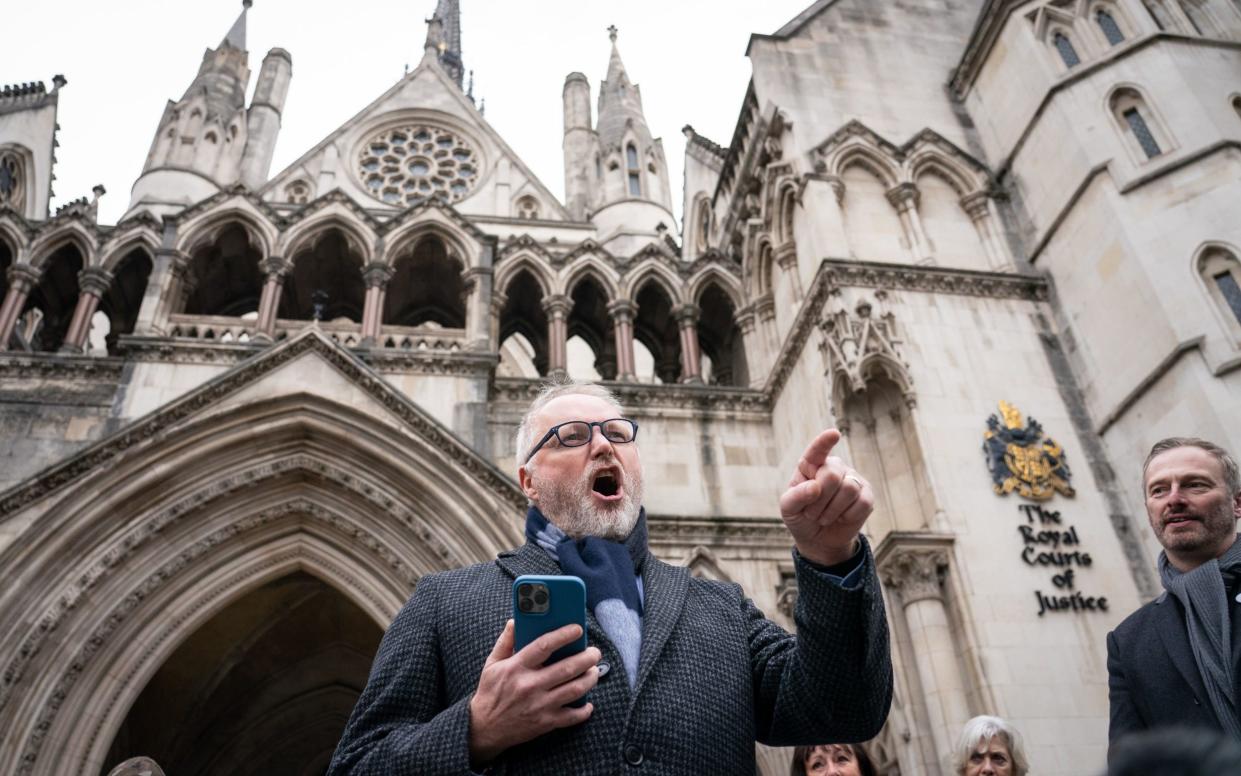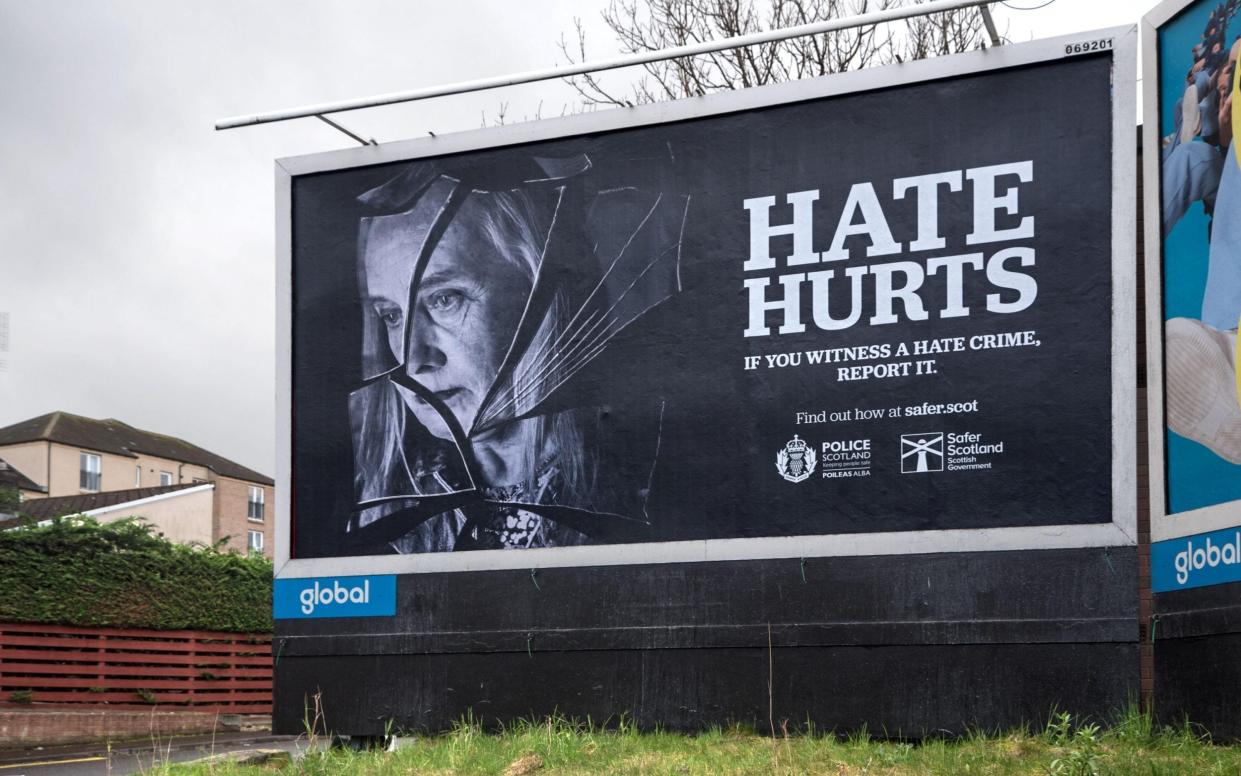Police recording petty rows as hate crimes despite pleas from ministers

Police are continuing to record petty rows as hate incidents, despite pleas from ministers.
The Home Office told police last year that they should stop recording reports of supposed hate and ignore instances where no intentional hostility or prejudice can be proven.
Despite this, forces nationwide are still logging neighbour disputes, drunken rants and online arguments as hate incidents.
It comes as detection rates for traditional crimes have plummeted, with Home Office figures showing the proportion of burglaries resulting in a charge fell to 3.9 per cent last year.
In March, analysis by The Telegraph revealed that no burglaries were solved in 48 per cent of neighbourhoods – defined as areas covering between 1,000 and 3,000 people – in the past three years.
Suella Braverman, the former home secretary who brought in the restrictions on reporting of hate incidents, told the Daily Mail: “The police seem to have plenty of time to record these often trivial incidents and yet anti-social behaviour, drugs and shoplifting is going unresolved.
“As home secretary I changed the guidance to raise the bar for when data should be recorded. It seems the police are still intent on subverting these rules. They are letting the public down. The police need to do better.”

Non-crime hate incidents (NCHIs) do not count as crimes but can show up on employment-vetting checks.
They were created as a way for police to monitor racism after the murder of the black teenager Stephen Lawrence.
The Government sought to restrict their use after Harry Miller, a police officer, won a free speech High Court case after tweeting about transgender rights.
A statutory code of practice published by the Home Office in June last year stated: “The perception of hostility or prejudice by a complainant or any other person alone is not enough, in and of itself, to warrant an NCHI record being made.”
Incidents found to be irrational, malicious or trivial should be ignored but the personal details of alleged offenders can be kept on file if there is a real risk of their behaviour escalating into crime.

Big Brother Watch, a civil liberties group, found figures from 32 of the 46 police forces in England and Wales showing they recorded 6,489 NCHI between June and November last year.
Call logs revealed that although some of the incidents covered racist or homophobic abuse, many did not meet the criteria set out by the Home Office.
Jake Hurfurt, the head of research and investigations at Big Brother Watch, told the Daily Mail: “It is worrying that police forces across the country are still recording social media comments and schoolyard squabbles on law enforcement systems.
“Police should record NCHIs only when there is strong evidence of hate and they must seek to protect rather than limit freedom of speech. Resources should be focused on the world of crime, rather than monitoring non-criminal transgressions.’
A Home Office spokesman said: “While decisions about whether to record an incident are an operational matter for the police, the statutory code of practice on the recording of non-crime hate incidents stipulates they should only be recorded when it is absolutely necessary and proportionate to do so.
“Personal data may only be recorded if there is a real risk of significant harm or a future criminal offence, and forces must have regard to this code.”


